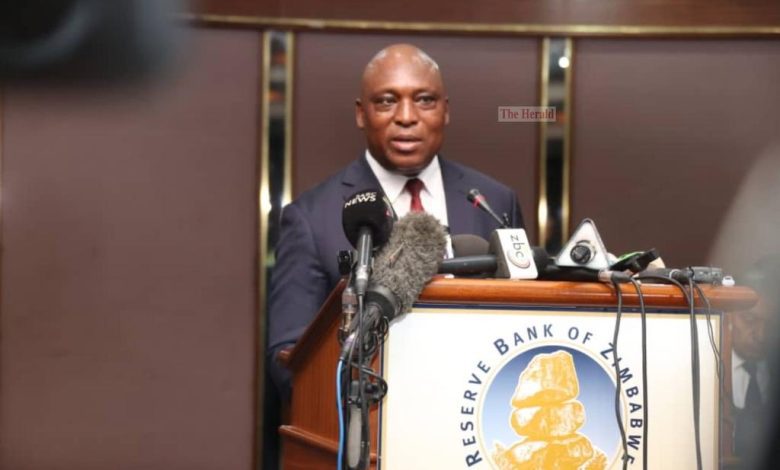Minimising disputes in owner managed jointly owned businesses
Introduction
I have previously written about disputes in business focussing on shareholders and how to deal with such potential or actual disputes.
In this article I focus on how to minimise disputes in jointly owned businesses which are managed by their owners or where their owners have significant influence in the day to day running of the business through their proxies.
Such businesses can be in the form of partnerships, companies, private business corporations (PBCs), joint ventures and others.
Common sources of disputes
The common sources of disputes include the following areas:
• Strategic focus or direction.
• Procurement.
• Financial management especially payments.
• Human resources including recruitment, promotions, remuneration, disciplinary
processes and disengagements.
• Ineffective dispute resolution mechanisms
Strategic focus or direction
Despite very good intentions people do not always think the same way. Business is no exception as business partners may not share the same strategic intent or focus. There are many different reasons for this, including the following:
• Different stages in life, for example old partners slowing down while young ones are
looking at growth.
• Different levels of satisfaction. Some partners may be contend with certain low levels of achievement whereas others may wish to attain more.
• Some business partners may have more income streams or businesses and their focus divided.
• Different lifestyles. It is common that some business partners may prefer growing the business in the hope of earning more yet some may prefer to spend as they grow.
• Conflicting views on strategic direction caused by different assessments of the current business environment or future business outlook.
• Business partners may not sit down and carry out strategic planning or regular review of such plans.
Procurement
Procurement is usually a minefield infested with conflict of interest. Some business partners may want to make extra dollars outside the official system by stitching procurement deals without full disclosure to other partners.
Such conflict may come through uncompetitive procurement practices which may result in higher prices, poor quality or unfavourable terms. The perpetrator owner manager does this for kickbacks from the suppliers. Such practices normally result in splits.
Side marketing
This happens in situations where some business partners divert businesses to other places where they can benefit. This may happen where a partner sets up business which competes with the jointly owned business. This practice is sure to cause splits once discovered by the other partners.
Financial management
Financial management is a wide area. However, disputes easily arise where there is interference in payments. By the way payments are linked to procurement and remuneration.
Usually a business owner who is also part of management or the board of directors may have overarching influence on both procurement and finance to his or her advantage.
Interference may come in the form of payments to some suppliers ahead of others or some commitments such as personal remuneration ahead of for example production materials.
Human resources
Human resources can present many challenges. For example owner managers may have different managerial roles and expect to be rewarded differently.
Those who consider themselves central to the business will want more than those they consider less influential partners.
Some managers may try to manipulate recruitment to bring on board people they like.
The same can be extended to promotions. Arbitrary remuneration packages may be offered.
Other conflicts manifest through different treatment of staff, with some being pushed out while others are protected.
How to minimise disputes
There are many preventive or corrective measures that can be taken to minimise the disputes explained above. Some of the measures are explained below.
Shareholder agreement
There should be a shareholders agreement which covers governance issues. The owner managers should also familiarise with the company’s articles of association as regards governance.
Governance structures and systems
The owner managers should be trained in the roles of shareholders, directors and managers in a company, for example, so that they know how to conduct themselves.
There should be clear governance structures showing the hierarchy starting from the shareholders, directors, executive head of the company and the rest of management. It is important to have non-executive directors as part of the board for checks and balances and moderating.
Strategic focus
The directors and management should carry out joint strategic planning and regular reviews of such plans. This will allow the business partners the opportunity to share different views and reconcile.
Procurement
Procurement should be covered by strict policies and procedures, including full disclosure where there is conflict of interest. Policies and procedures usually cover decision making processes, approval limits, etc. It is common to insist on sticking to budgets or approved suppliers.
Side marketing
There should be a policy against side marketing and the consequences should be made prohibitive.
Financial management
Financial management should be covered by clear and strict policies and procedures on decision making, especially on payments.
In-house finance should be consulted before major financial decisions are made.
Projected cashflows should be prepared and used for decision making.
Human resources
The best way to manage human resources is to have clear policies and procedures for consistency. Other measures include organograms, remuneration policies, recruitment, promotion and disciplinary processes. Owners manages may be paid dividends as shareholders, fees as directors and salaries and benefits as management.
Dispute resolution mechanisms
There should effective dispute resolution mechanisms. Regular documented meetings also help improve communication.
Conclusion
Disputes do occur in business but can be minimised.
Disclaimer
This simplified article is for general information purposes only and does not constitute
the writer’s professional advice.
Godknows (GK) Hofisi, LLB(UNISA), B.Acc(UZ), CA(Z), MBA(EBS,UK) is a legal practitioner /
conveyancer, chartered accountant, corporate rescue practitioner, registered tax accountant and
consultant in deal structuring and is an experienced director of companies. He writes in his
personal capacity. He can be contacted on +263 772 246 900 or gohofisi@gmail.com-The Herald










